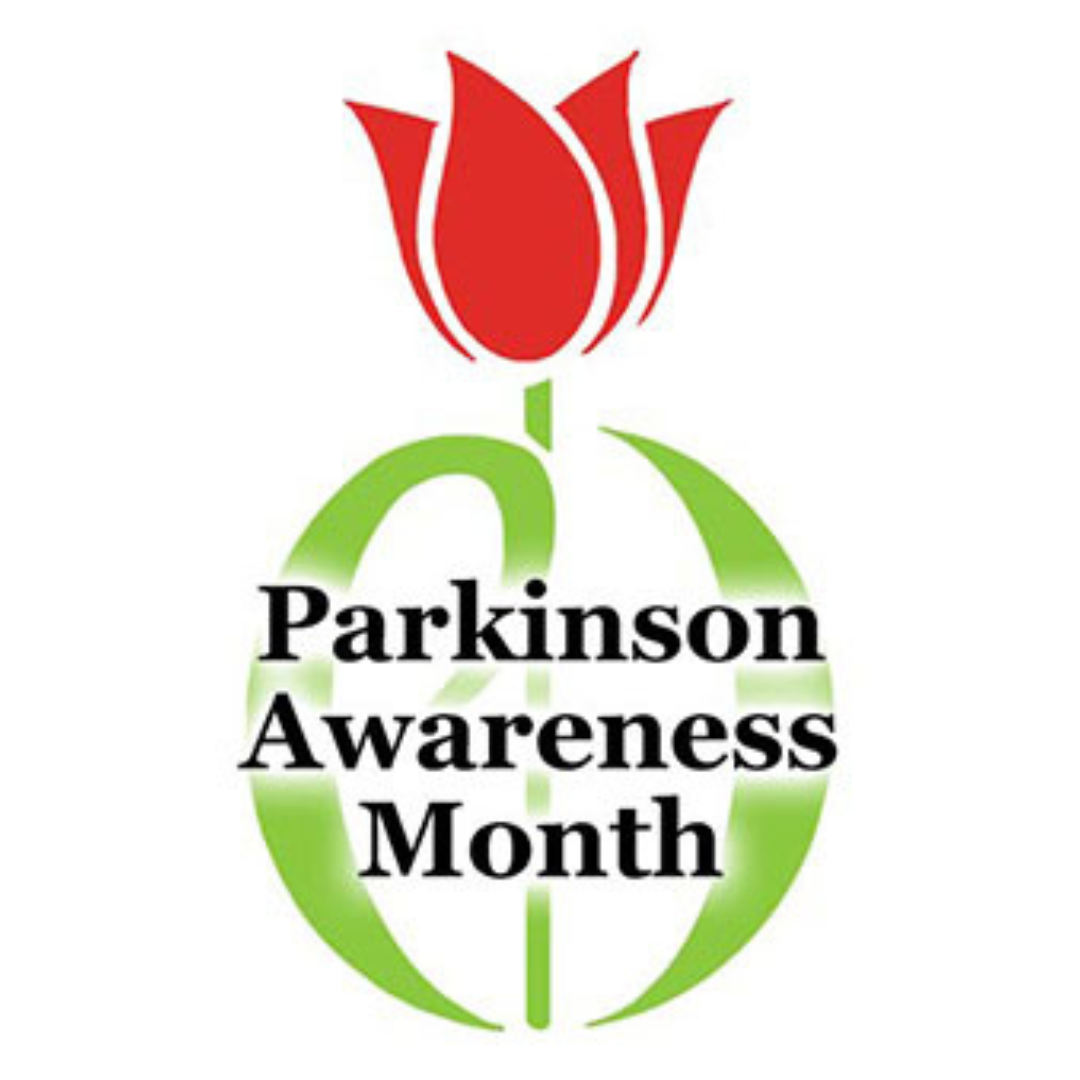Did you know the month of April is Parkinson's Awareness Month (PAM)? The red tulip, with a fringe of white, is the official symbol for Parkinson's disease. Did you also know the iconic legend Mohammad Ali, actor Michael Fox, and Pope Paul II were diagnosed with Parkinson's Disease? Parkinson's disease has long been known by a nineteenth-century British medical doctor named James Parkinson. In 1817, he published a substantial pamphlet entitled "An Essay on the Shaking Palsy" that inspired other medical professionals until 40 years later. Since then, World Parkinson's Day was instituted on April 11th to commemorate the birthday of Dr James Parkinson.

The red tulip has been associated with Parkinson's awareness since 1980 when Dutch horticulturalists who had Parkinson's disease developed a red and white tulip and named it "Parkinson." The red tulip was launched as the Worldwide Symbol of PAM.
Studies have estimated that about 100,000 people live with Parkinson's in Australia, and 38 Aussies are diagnosed with it every day. Currently, there are approximately 9,000 Parkinson's patients in Western Australia. To keep our seniors updated on this condition, Chung Wah Community Care (Chung Wah CC) invited experts from Parkinson's WA to host workshops at the Balcatta and Willetton Hub.


The speaker further elaborates on the factors of the condition. The root cause of Parkinson's Disease is still unknown, but several factors appear to be at play. One of which is caused by the loss of nerve cells, the "black substance" called the substantia nigra. The substantia nigra is a critical brain region for producing dopamine. This neurochemical affects movement control and cognitive executive functions. The disease is linked to low dopamine levels in the brain. As a result, it can create symptoms including, Bradykinesia, muscle rigidity, tremor, and postural instability.
Furthermore, the average age of diagnosis is around 50-60 years old, and less than 10% of people living with Parkinson's are under 40. Parkinson's disease has no apparent genetic connection. Although the condition is not lethal, it can profoundly impact a patient's quality of life. The slowness of voluntary movement and postural instability can increase the risk of falling. There are five stages to describe the progress of Parkinson's Disease:
1. One side of the body is impacted, but balance remains.
2. Both sides of the body are impacted, but balance remains.
3. Balance is impacted, but the patient can live independently.
4. It severely impacts daily activities, but the patient can still stand and walk.
5. Require a wheelchair and cannot stand independently without assistance.
As you can see, Parkinson's is a progressive neurological condition, and the progression can vary significantly among individuals. Medications and treatments can help control the symptoms. Healthcare providers can evaluate the individual's age and health conditions to suggest appropriate treatments. In addition, our speaker also showcased a video of Raymond living with Parkinson's Disease. He's currently undergoing treatment and can manage his daily life. Our seniors were very appreciative of this truly informative session. To learn more about Parkinson's Disease, please consult your healthcare providers or call 1800 644 189.


Chung Wah has been servicing the WA community since 1909, dedicated to improving the quality of life of individuals from diverse backgrounds. Moreover, Chung Wah CC has over 35 years of professional care experience helping seniors and people with disability improve their well-being and better integrate into the community. In 2023, we're promoting our theme, Embrace, Elevate & Flourish, and build a better community for all.





